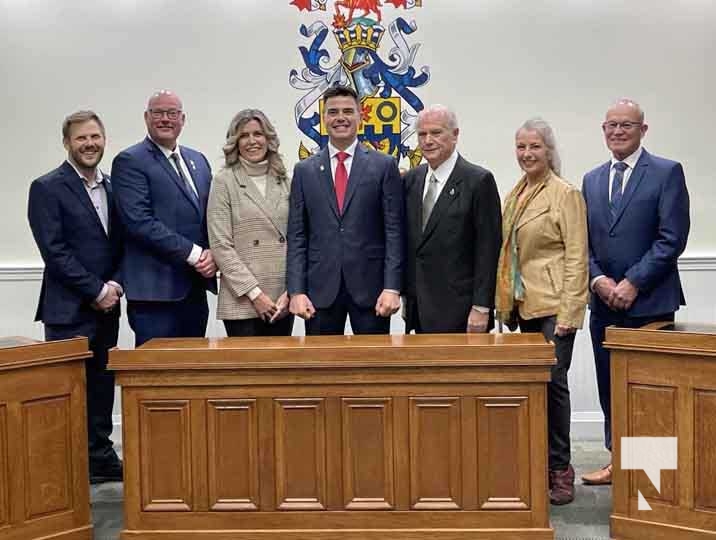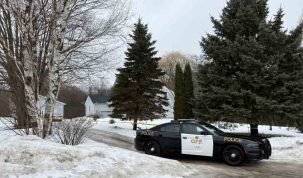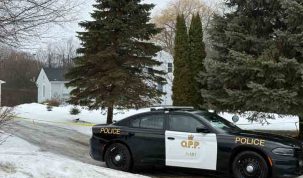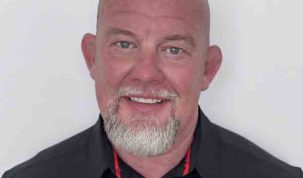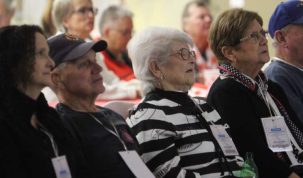By Cecilia Nasmith/Today’s Northumberland
Following the Town of Cobourg Governance Review – whose recommendations are now posted on the Engage Cobourg website for citizen review and input – council may shift away from its current committee-of-the-whole format to the new standing-committee format more and more municipalities are adopting.
This includes the County of Northumberland which, during the COVID-19 pandemic, made such a move.
Cobourg launched its own review at the request of council in 2021, with KPMG engaged to examine the current committee-of-the-whole structure and make recommendations.
In the current model, every councillor is assigned a co-ordinator role in one of six areas – general government, public works, protection services, planning and development, parks and recreation, and arts, culture and tourism. Each councillor becomes a specialist in his or her portfolio area.
Council meetings are of two varieties.
In committee-of-the-whole meetings, information is received and matters debated.
In regular meetings, the resulting recommendations are ratified, bylaws and correspondence are presented, co-ordinators’ announcements are made, and notices of motion are entered into the record.
In the new standing-committee format that is being recommended, four standing committees will be formed and will meet monthly, followed at least two weeks later by a council meeting – the interim meant to offer ample time to consider and reflect upon the deliberations of the standing committees before they are ratified by council.
Each standing committee has an area of responsibility, and will meet independently to deal with minor matters and make recommendations to council for the action on larger ones. This is very similar to how county council is now conducted, with its six standing committees meeting monthly and then, at least two weeks later, a regular county-council session.
For Cobourg, the question of how many standing committees was debated at length. Four was the recommendation, their areas of focus being strategic initiatives and policies, public works plus planning and development, corporate, finance and legislative matters, and community services, protection and economic development.
Councillors made amendments to call for fewer standing committees. Miriam Mutton wanted two, later softening her stance to “up to four.” Aaron Burchat proposed three committees – public works, planning and development for one, plus community services, protection and economic development for the other, as well as a third committee one might call “as needed” to address issues that arise with a meeting schedule that also operates as needed.
Burchat also called for all councillors to be members on all committees, as opposed to the recommendation that each standing committee be made up of the mayor plus two councillors. The Municipal Clerk, Deputy Clerk, and Chief Administrative Officer would sit in on each of these meetings, along with the appropriate divisional directors and staff.
Councillor Randy Barber said he’d worked with the standing-committee structure for six years in Markham, and found it worked very well.
“One of the things you have to consider – the fewer committees you have, the larger the agendas are and the longer the meetings will go,” he warned.
“If you are able to separate out a silo of information for three or four, you will find a very effective committee.”
Municipal Clerk Brent Larmer added a last note recommending that the capacity for electronic participation be continued. This was widely thought to be the wrong direction before COVID-19 hit, but the consensus has since shifted the other way.
Larmer also noted the possibility of proxy voting, in which a councillor who could not be present would be allowed to leave his or her vote with a council colleague.
Amendments to the motion recommended by staff made for minor changes, but – as Deputy Mayor Nicole Beatty pointed out – the important thing was to get a draft posted on which the public could offer their input. The survey has now been posted, and a May 17 open house is planned at 6:30 p.m. in council chambers, where members of the public can bring their questions and comments.
On July 17, the final provisions will come forward, following a June 19 public meeting – in advance of which a Governance Review Working Group will be formed “in order to draft and prepare all necessary bylaw and policy provisions, with consolidated public feedback to be presented to council at a Governance Review Public Meeting.”
Members will include Mayor Lucas Cleveland, Deputy Mayor Beatty and one member of council. Beatty’s motion that Mutton and Barber be appointed to that spot to serve on a rotating basis passed.


